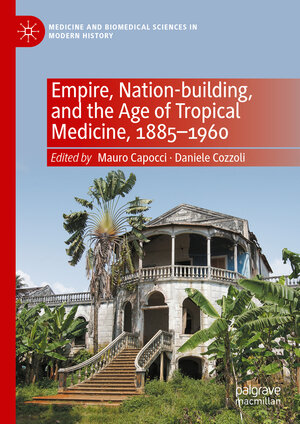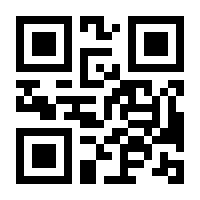
×
![Buchcover ISBN 9783031388040]()
Empire, Nation-building, and the Age of Tropical Medicine, 1885–1960
herausgegeben von Mauro Capocci und Daniele CozzoliThis book investigates the complex relationship between the development of modern empires, nation, and the history of tropical medicine. Broadening existing historiographical perspectives, it explores imperialism outside of the British Empire, drawing on case studies from other colonial experiences in Africa, Asia, and South America in the late-nineteenth and early-twentieth century. Each of these systems adopted different approaches to colonial health and medicine. By studying their diversity, it is possible to obtain a more comprehensive picture of what we now call ‘tropical medicine.’ The authors emphasise that the British model cannot be adapted to all colonial experiences, drawing on relevant cases from both interoceanic and continental empires. The collection comprises three sections. The first examines the role of tropical medicine in the evolution and collapse of empire in countries such as Portugal and the Netherlands. The second part analyses the links between tropical medical institutions and imperial commercial and political expansion in Britain and Brazil. Finally, the authors tackle the crucial interrelated circulation of people, objects, and ideas amongst countries including Brazil, China, Italy, and Spain. Using a medical lens to analyse the inter-connected processes of nation-building and colonial expansion in the late-nineteenth and early-twentieth centuries, this book provides valuable reading for scholars of imperialism and medical history alike.



